Choices, choices
The psychology of decision-making
Can't make up your mind between becoming an architect or a pastry chef? Don't know whether to live in Los Angeles or London? Author Daniel Gilbert thinks he has a way to help you make the right decision.
Gilbert, a psychology professor at Harvard, told a packed McCosh lecture hall on Sept. 20 that the key to making the right choices lies in a simple mathematical formula developed by Blaise Pascal and Pierre de Fermat in the 17th century: The expected value of any action equals the odds of getting what you want times the value of getting what you want.
Though easy to understand, the formula is much more difficult to follow. "Sometimes our intuitive ways of thinking get us to the wrong answer," Gilbert said. Mistakes in calculating odds or estimating the value a decision will bring to our personal happiness can lead people astray, he explained.
Gilbert's studies in psychology and behavioral economics show why humans have such difficultly following the formula. First, we overestimate the chances of good events, like winning the lottery, actually happening to us. Second, we often mistakenly compare a present situation with a similar past experience when deciding what something is worth. And third, we vastly overestimate unhappiness and the effect one bad event or decision will have on our life.
To arrive at his point, Gilbert illustrated everyday misconceptions and flawed reasoning that drive people away from making successful decisions. "You are not always in the slowest lane at the grocery store," he explained. "It just seems that way because that's what you remember. You don't go home and tell your wife, 'Honey I was in the most efficient line at the store today.'"
To use Pascal and Fermat's formula successfully in today's world, Gilbert believes the human mind will have to be trained to ignore certain gut decisions and first impressions, while favoring a more analytical approach to decision-making.
"Our brains are designed for the Pleistocene," Gilbert said of the way we think when making a split-second decision. "We're operating in a world we are not designed for." By Julia Osellame '09
Princeton and 'The War'
The War, Ken Burns' 14-hour documentary on America's role in World War II, which debuted on PBS Sept. 23, features two notable Princetonians. Emeritus literature professor and author Samuel Hynes, who was a Marine pilot in the Pacific, has been cited by several reviewers as one of the series' most eloquent voices, and Ward Chamberlin '43, a former American Field Service ambulance driver, is featured in the documentary's segments on the North African and Italian campaigns. Chamberlin, who spent much of his post-war career in public broadcasting, first met Burns in the early 1980s, when the filmmaker was chronicling the life of Huey Long. In an e-mail to PAW, Chamberlin called the new film "an unblemished account" of the war, dealing with the battlefield and the home front. "It is not all guns and battles. The story is told by those of us who were there and there is little about the political and military leaders," he wrote.Photo: Princeton's memorial to the more than 350 alumni who died in World War II, at Nassau Hall. PAW


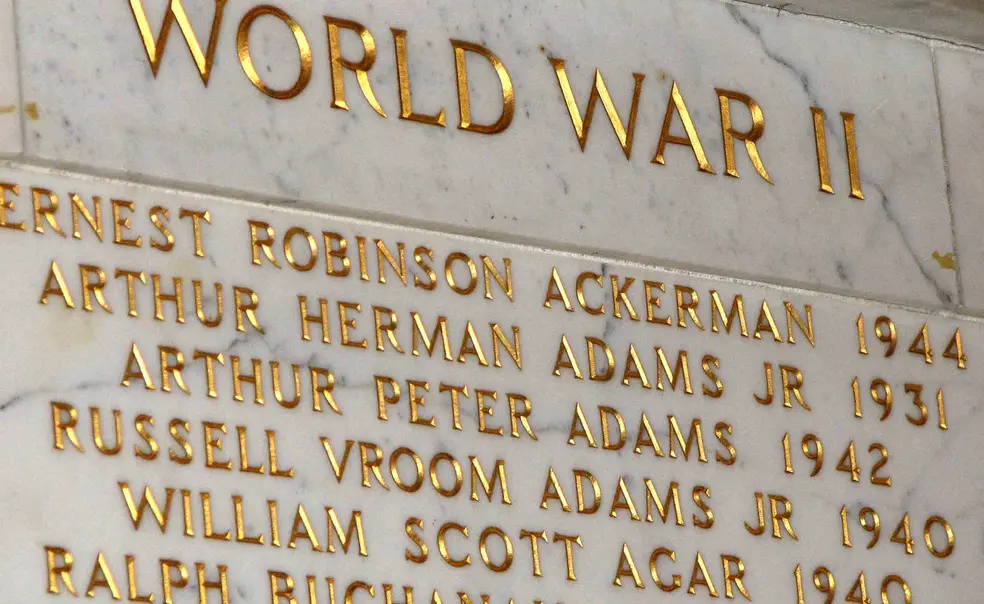
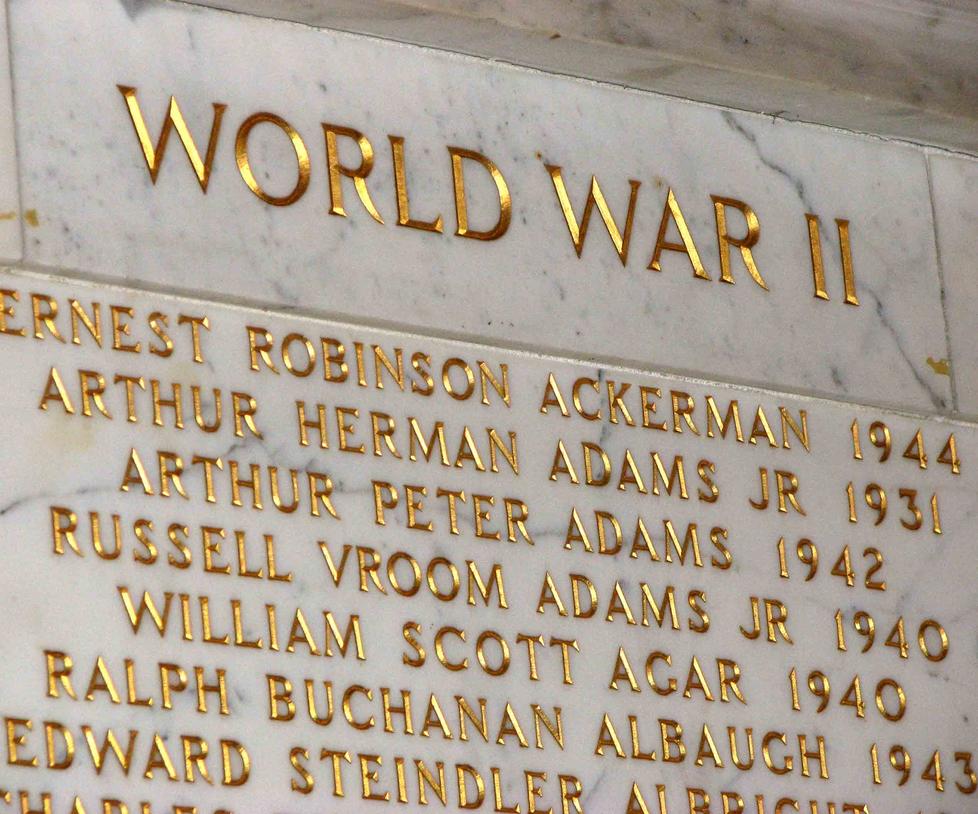





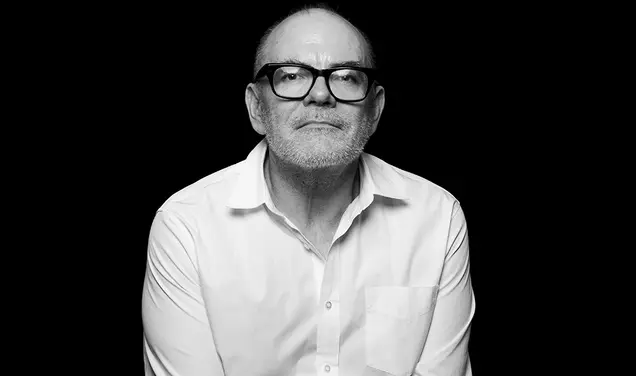
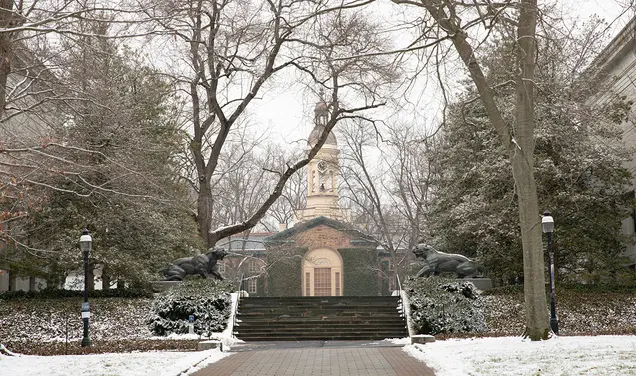
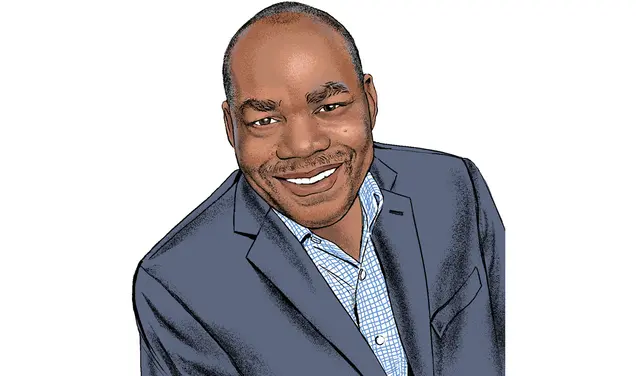

No responses yet